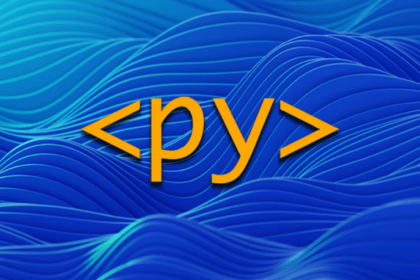
Learn how to deploy Python code in the browser using PyScript, a new library that builds of Pyodide and ports CPython to Wasm.
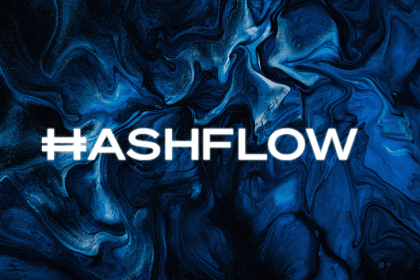
Learn how traders are connected with pinpoints on the Hashflow token, how it works differently from others, how to market make, and how to trade.
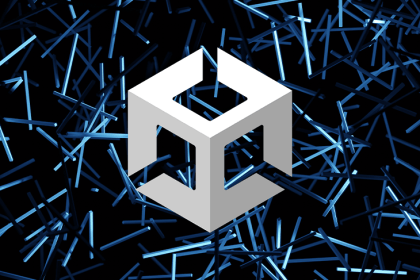
Discover how to create an augmented reality experience using Vuforia and Unity, as well as how to test and run the app on a smartphone.

A blockchain-based charity organization could foster a renewed trust among givers. We will build a simple, functional charity organization for this project.

Learn how you can use The Graph and subgraphs for Web3 data querying.
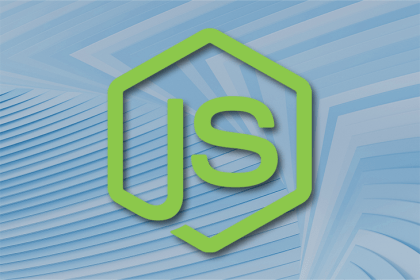
Learn to use writeFileSync in Node.js, a method that allows us to create files, write to files, and update files synchronously.
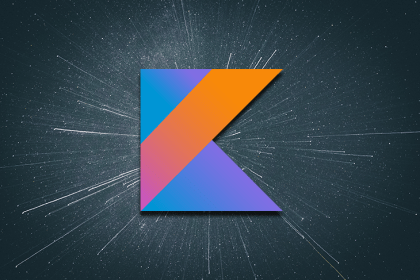
This post covers how to perform simple unit tests in Kotlin projects using both Mockk and Mockito, as well as covers their differences.
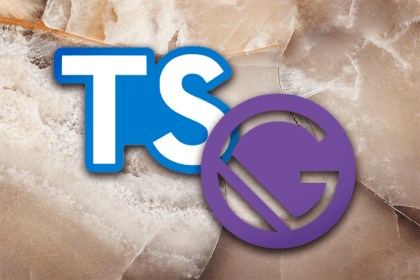
Migrating to TypeScript can be a painful process, but doing so incrementally can make it easier – learn how in this complete guide.

Progress clocks are helpful for tracking your project’s process. Here we’ll build and optimize a progress clock with HTML and CSS.
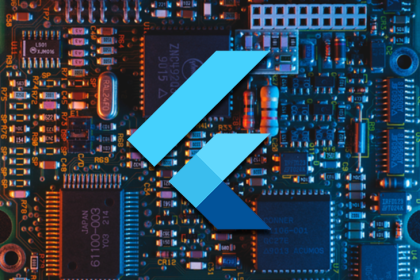
Take your Flutter UI interface to the next level with the Chip widget.

Learn about what goes on under the hood of 2D and 3D Raycasting in Unity with this guide on everything you need to know.

Laravel WebSockets is a great open source alternative that allows you to easily add WebSocket support to your Laravel >5.7 application.